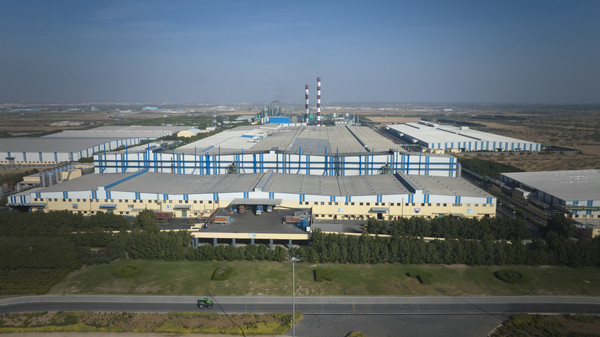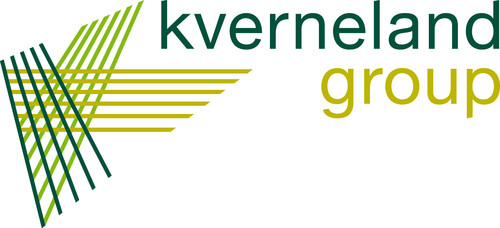
Bkt's run does not stop
Deeply Indian manufacturing heart, global strategic vision.
Bkt, the Indian off-road tyre giant, is aiming for world leadership in the sector. It does so by presenting an ambitious development plan in Mumbai that should lead to a doubling of turnover (from USD 1 to 2 billion) by 2026 and an annual production of 600 thousand metric tonnes (MT) of tyres.
And to those who doubt the real possibility of achieving thees targets Bkt replies with the strength of its production and financial numbers.
From 92 MT per day to the current 450 MT per day, that is about 165,600 MT per year, which will rise to 200,000 by 2023.
From $14 million in sales in the first distant consolidated accounts to joining the prestigious family of companies with over a billion in sales in 2022.
A growth that has not escaped the notice of the stock world: Bkt's value on the Mumbai Stock Exchange ten years ago was around 135 Indian rupees. Today, the share price is hovering around 2,000 rupees per share.
The centrepiece of the Indian company's progression led by the Poddar family (Arvind is the president, his son Rajiv is the managing director) is the Bhuj plant in Gujarat in the north of the country, on which the group's efforts and investments have been concentrated (Bkt has four other plants, all in India).
"Since its departure in 2015," Arvind Poddar points out, "we have invested something like a billion dollars in Bhuj. It represents our flagship and we plan to grow it further. That is why we will invest another $500,000 over the next three years."
It is part of this reasoning that from the initial area of 123 hectares in 2015 Bhuj has reached the current 258 hectares. But by the end of 2023, the forecast is to reach 323 hectares, to which another 115 hectares will be added for the expansion of the production of agricultural radial tyres and carbon black.
Poddar, having long since abandoned the idea of building a plant in the United States, confirms that Bkt's growth "will be exclusively internal, without acquisitions of other companies in the sector. This growth has been made possible both by the increase in production capacity mainly in Bhuj and by the strategic decision to invest in an in-house carbon black plant, operational since 2017, when the first 65,000 MT/year of 'Hard grade carbon black', a material specifically intended for tyre treads, left Bhuj. Production of 'Soft grade carbon black', used in the tyre casing compound to improve strength and durability, then started at the same site.
In 2022, the total production of Hard and Soft reached 165,600 MT per year. The target for 2023 is 198,600 MT, bearing in mind that a third product type, 'Specialty carbon black', is expected to come out of the R&D department.
Bkt's Indian vision is enriched by significant European support, led by Italy. For years, Lucia Salmaso has been at the head of the European market, which is extremely important given that 50% of Bkt's turnover in agriculture is realised in the Old Continent, and she rattles off numbers but above all highlights one of the key points of the group's growth.
"By working on quality," she emphasises, "we have changed the perception of the brand in recent years. Before, Bkt was a brand that was little known and considered. Today it is the exact opposite: in the sector we are known by everyone but above all recognised as a reliable brand, able to provide a quality product, suitable in all segments".
Germany, France and Italy are the top three markets for Bkt. "The market share in spare parts in Europe," Salmaso continues, "is around 20 per cent, with peaks of 25 per cent in some countries, while worldwide we are at 6 per cent".
On the product front, Bkt's senior management confirms its intention not to enter the non agricultural tyre business ("at least not for the next twenty years, no way", Arvind Poddar explains), but it does announce the significant entry into the off-road truck segment, for which the first sizes should arrive as early as 2023.
Also launched at the Mumbai and Bhuj meetings, the track tyre for combine harvesters, with the aim of increasing the production of rubber tracks from the current 7 t/day to 50 t/day), a ForestMax forestry tyre and two new sizes of the EarthMax (SR 468 and SR 53 L56) a tyre specifically for the quarry and mining sector.








